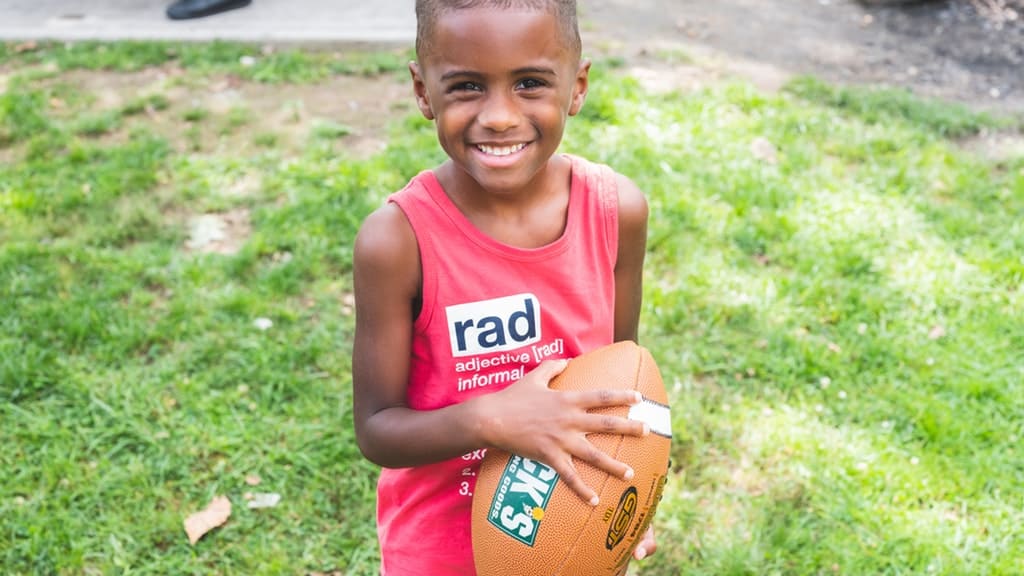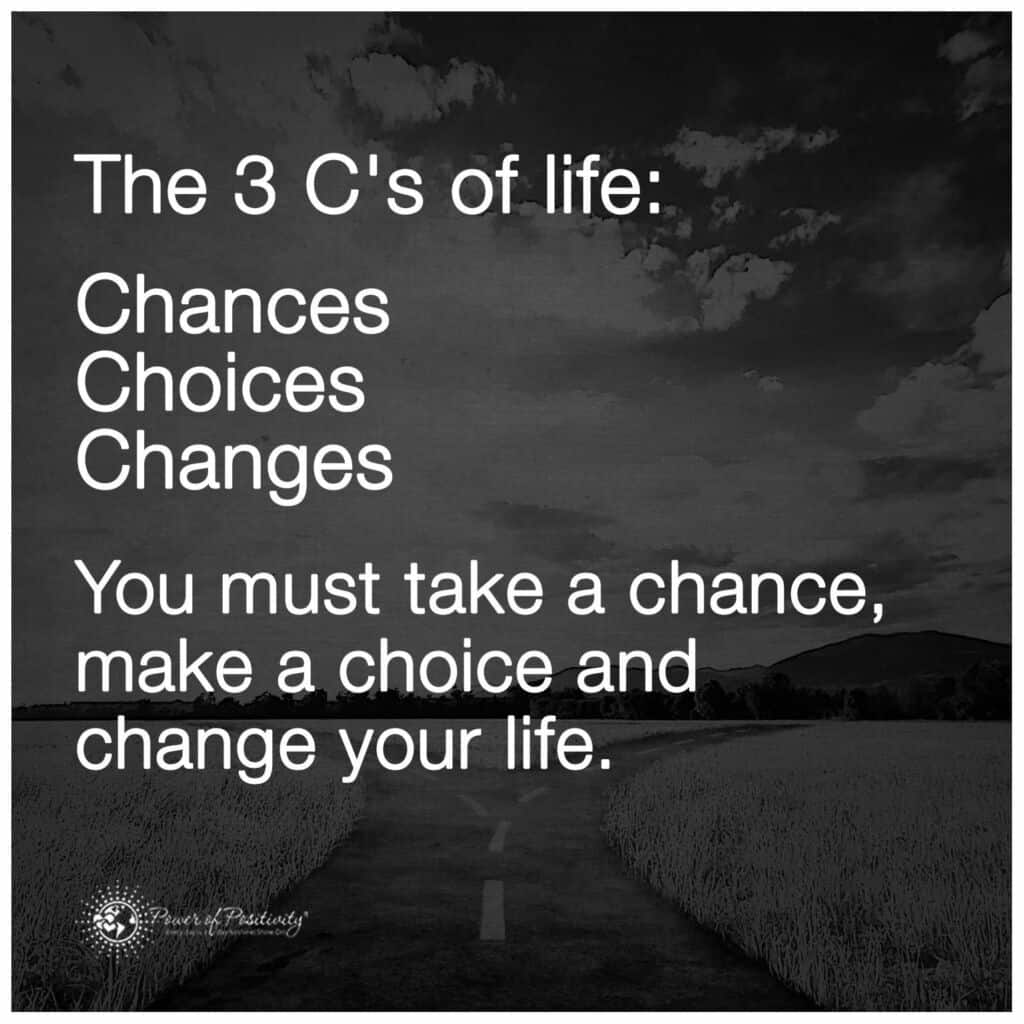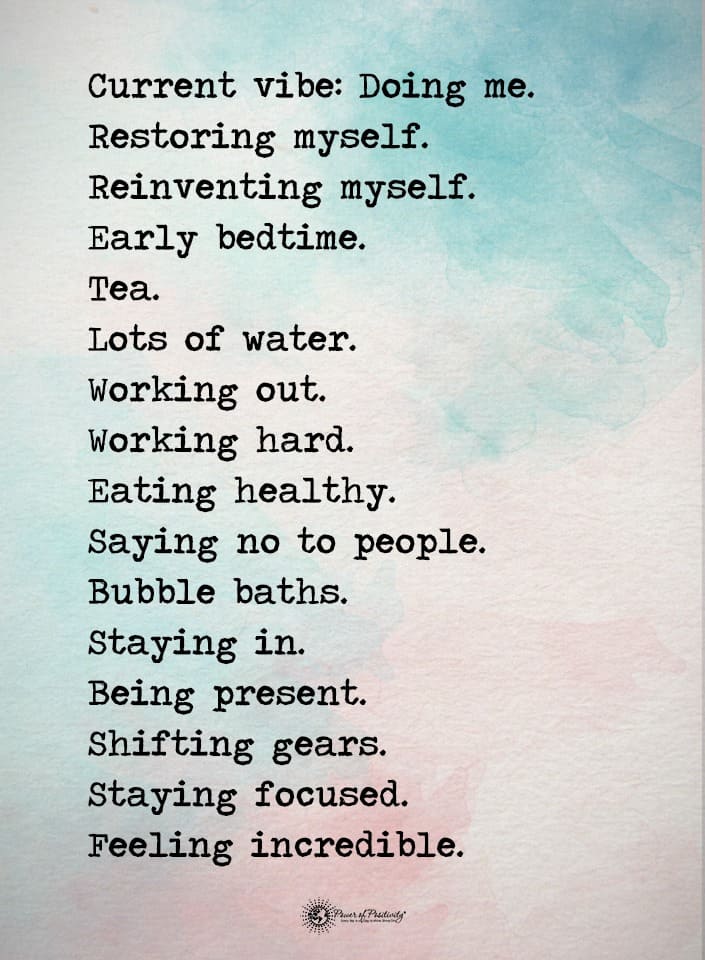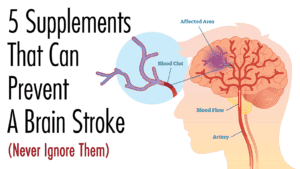Many of us go through periods, or even years, of not feeling “good enough.” It’s a dangerous mindset.
It can stem from early childhood trauma, specific life events, or looking at your life and finding it lacking. There is also a massive push in society, telling you how you should be and how your life should be. It can create a mental state within you of not being good enough because you aren’t “that way.”
Guess what. You aren’t alone, and if you aren’t alone, then the image society is creating is a lie. This is becoming more and more recognized, which why the expression “You be you” is becoming more popular. It’s not just so everyone can feel right about being themselves, but also a recognition that no one has life figured out and that we are all flawed and beautiful at the same time.
Here are five mindset shifts to remember when you don’t feel good enough.
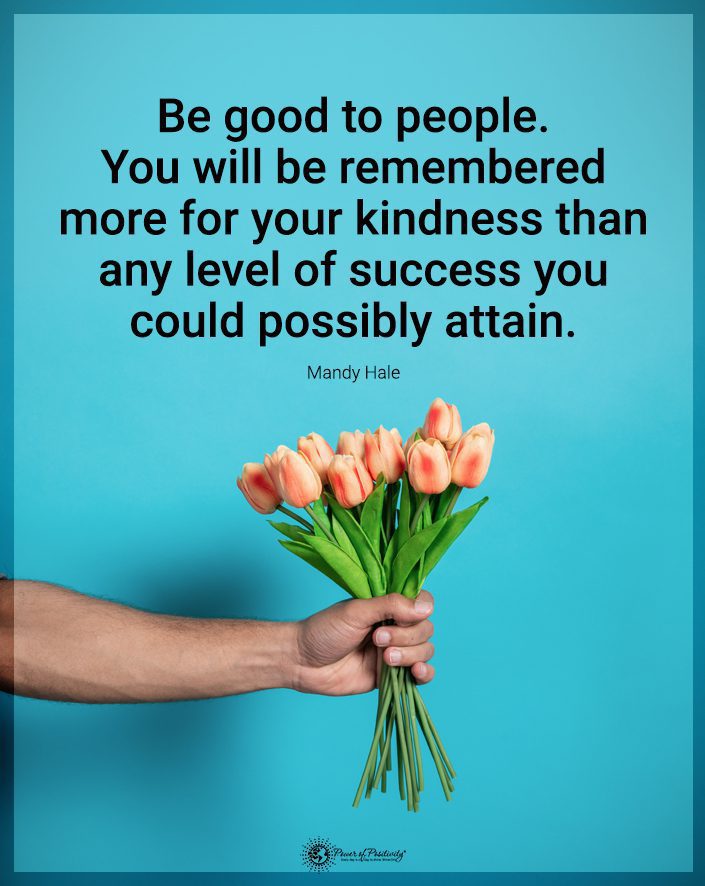
-
Life is every day, not just where you are going
It’s funny. Our parents, schools, society, and potentially our religious affiliation all teach us to set markers for our lives: graduate high school, possibly go to college, get a job or career, get married, have kids, and so on. They can even tell us the picture-perfect steps to get us there. Yet, most of us don’t follow that set-in-stone path. We rebel, diverge paths and want to find our way. Also, we learn and grow.
We might get to where we want to be or think we ought to be, or we might find ourselves in situations or locations that were unfathomable when we started. I look back at my life, and it is nowhere as I had planned. It feels like my life has taken so many twists and turns, and while I am the same at my core, the lessons I have learned are now ingrained and have changed me. That’s life.
We fail to tell our children that life happens every day. It’s an experience, a journey, a discovery, not a destination. Every day, you are alive from the moment of your birth.
Live it. Cherish it. Learn from it and grow from it. That is what life is truly about. We will always have plans, goals to achieve, aspirations, and dreams. That is what propels us forward. We must have a “why” in our life. Why do we get up every day and do whatever we do? It can appear grandiose as ” I want to become President of the United States,” or it can be humbling as ” to put food on the table for my children.” It doesn’t matter.
The power of goals
Our goals propel us forward through life, but it is not what life is. Our purposes don’t keep us breathing. They don’t make our heartbeat or our blood flow. Life does that. Every second and every day. If you still have a pulse and are breathing, you are still living life. Cherish what this day did bring, and what you learned today, and recognize that life is every moment, not just when you reach that particular goal.
-
A Mindset of Gratitude
Every day we tell ourselves what we need or want. When was the last time you said, “I am so grateful for having the capability to buy what I need and for having the people in my life”? I read this great quote:
“Remember the days you prayed for the things you have now.” – Unknown
I can’t count how many times I’ve been in scenarios where I didn’t know how I would have money for essentials. When that emergency is over and enough time has passed, it’s easy to forget how it felt not having enough and how grateful and relieved you felt when somehow you managed. Sometimes stopping and looking back on those times can help you look where you are now and be like, “Wow! I am so blessed, fortunate, and grateful for what I have”.
This shouldn’t just apply to money or things. It should also apply to ourselves.
We must recognize where we have grown as individuals, not just for the accomplishments that can be placed on a resume.
Learn to recognize how you have become stronger, more resilient, and more self-aware. Be grateful for your improvements and your growth. Appreciate the fact that you survived and thrived after tough situations. When you find the balance between who you were and how you are now, take pride in yourself for persevering.
By stating what you are grateful for daily, you are programming your brain to recognize what you want. Through its very programming, your mind will automatically seek out what is needed to continue to provide that for you. This applies to people you want in your life, personal development of habits and mindsets, experiences, and financial security.
-
Self-development vs. self-improvement
There is an interesting way in which our mind works. When we tell ourselves that we need to improve on procrastinating less, we tend to continue to procrastinate. If we tell ourselves that “I will be focused and organized,” we augment our habits to reflect that intention. Why is that? We are putting a negative slant on that behavior by telling ourselves that we need to improve on a poor habit. Our brain then focuses on what we do wrong. We will criticize ourselves and feel less than because of it. We are working against ourselves by focusing on our flaws rather than our strengths. That is the nature of self-improvement.
When we take traits we possess and say, ” I will do this,” we are taking positive features and are choosing to build upon them. Our brain then starts seeking ways to enhance or further develop what we already can do. That is self-development. Sometimes that means establishing smaller goals in the beginning. Such as “I will focus on intention and be organized for 2 hours first thing in the morning”. As we accomplish that goal, we expand upon it until we have reached the ultimate goal of staying focused and organized for entire days.
The power of affirmations in self-development
Another aspect of self-development includes using affirmations to accomplish what we want. Affirmations are statements that start with “I am..”. For example, “I am committed to focusing on writing 500 words every morning”. By wording it in the present tense and a positive manner, we are programming our minds to do that action. As a result, it will not randomly search for what you will do. It will already know what you want to do.
This distinct yet subtle difference between self-improvement vs. self-development can significantly affect how we feel about changing something and how our brain will operate to support it.
-
Commitment
Commitment is the difference between “I will try and do this,” and “I am doing this.”
“I will try” essentially gives room to make excuses not to follow through. You have subliminally told your brain that you expect to fail. You will do this as long as it is easy, but if it gets too hard, you will quit.
“I am doing this,” when stated with a reinforcing action, tells your brain that you are serious and committed to doing the work necessary to achieve the goal. The more often you reinforce the statement with action, the easier it is to be committed. You have shown your brain your commitment so that it won’t look for other options. It’s like when you need to go to work. You will get up every morning, and under 97% of the circumstances, you will go to work regardless of how you feel. Your brain doesn’t even question it. That is commitment.
-
Be flexible in your thinking
A growth mindset is one in which you understand that you are not limited in your capabilities except by your willingness to do them. A growth mindset will foster the ability to take on challenges, do more, learn more, and apply more to new things. People with this mindset believe that if they work at it, stay open to different options and persevere; they can do or learn almost anything. It keeps the brain open and flexible to growth and development.
A fixed mindset has told themselves they can’t do certain things or believes that if they weren’t born with established talents, they can’t learn it. A fixed mindset believes if things aren’t a certain way, don’t go according to plan, or as they think it should go, then there is nothing more they can do. Their brain is closed to adapting to new situations or seeing alternative ways of accomplishing tasks. The brain’s pathways to learning and growth have been closed.
It is the difference between seeing opportunities vs. obstacles.
The good news is that you can move from a fixed to a growth mindset by making the decision and being willing to accept new information. It does require pushing yourself to question old beliefs, but it can happen.
Final Thoughts on Making Mindset Shifts to Boost Your Confidence
Mindset is probably 90% of how well you make it through life and everything it throws at you. It is normal to have days when you don’t feel good enough or question yourself. We all have times like that. Taking a step back and accepting that is how you feel now but that it doesn’t need to be your life is crucial. Remembering these five mindsets when you aren’t feeling good enough and adopting even one can create positive change for you and your life.
Life is not an endless tunnel. It is rolling hills, mountains, and plains stretched out before you, waiting for you to forge your path one step at a time.





